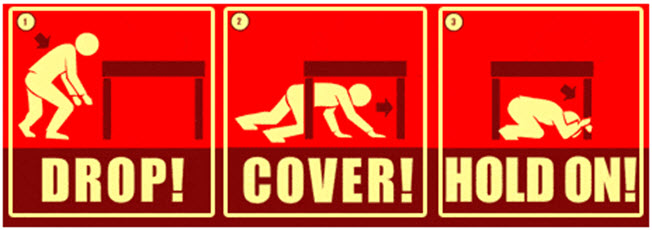Recently, a series of powerful earthquakes, with the first one having a magnitude of 7.8, struck Turkey and Syria, claiming the lives of over 8300 people in both countries. The already conflict-ridden region is devastated by the loss of life and property, while the winter storm is compounding their misery. WHO has estimated that over 20,000 people may have died in the quake.
India’s Humanitarian Aid
India is sending across an Army medical team, National Disaster Relief Force (NDRF) personnel, and medical supplies as humanitarian aid to Turkey.
The Army stated in a statement on Tuesday that the field unit was mobilised hours after it was announced that aid would be provided to the earthquake-stricken nation. According to the Army, the 60 Para Field Hospital in Agra has sent a 99-person medical team.
“The medical team comprises critical care specialist teams to include orthopaedic surgical Team, general surgical specialist team, medical specialist teams apart from other medical teams,” the Army said.
The move was appreciated by Turkey, with its ambassador to India conveying gratitude for Twitter using the phrase – ‘A friend in need is a friend indeed!’
“Dost” is a common word in Turkish and Hindi… We have a Turkish proverb: “Dost kara günde belli olur” (a friend in need is a friend indeed).
Thank you very much ??@narendramodi @PMOIndia @DrSJaishankar @MEAIndia @MOS_MEA #earthquaketurkey https://t.co/nB97RubRJU— Fırat Sunel फिरात सुनेल فرات صونال (@firatsunel) February 6, 2023


